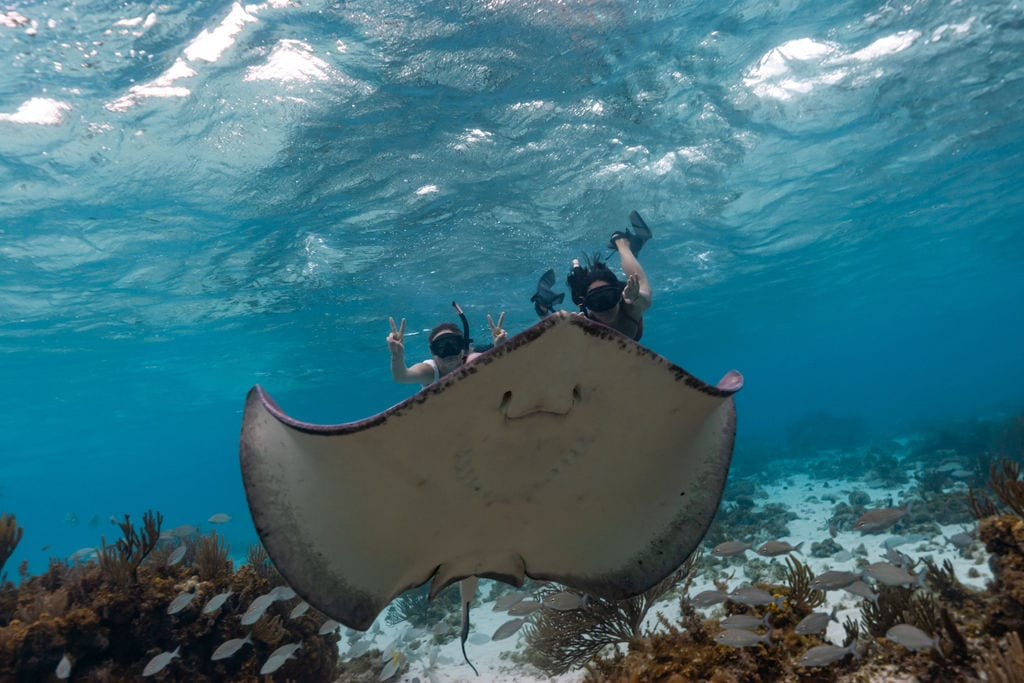Sustainable Tuna Fishing in the Cayman Islands: Balancing Conservation and Tradition

Tuna Fishing in Grand Cayman
The stunning Cayman Islands, renowned for their crystal-clear waters and vibrant marine life, have long been a paradise for fishing enthusiasts. Among the many species that lure anglers to these tropical waters, tuna stands out as a prized catch. However, as concerns about overfishing and marine conservation have gained prominence worldwide, the Cayman Islands have embraced sustainable practices to protect tuna populations while preserving the cherished fishing traditions. This article explores the significance of tuna fishing in the Cayman Islands, the measures taken to ensure sustainability, and the harmony between conservation efforts and local fishing practices.
Tuna Fishing in the Cayman Islands: The Cayman Islands, composed of Grand Cayman, Cayman Brac, and Little Cayman, are strategically located in the Caribbean Sea, providing rich fishing grounds for various species, including tuna. Tuna fishing in the region has deep historical roots, with the islands’ inhabitants relying on it for sustenance and economic livelihood. Today, tuna fishing continues to play a significant role in the islands’ culture and tourism industry.
Sustainable Practices: Recognizing the importance of maintaining a healthy marine ecosystem, the Cayman Islands government, in collaboration with local fishing communities, has implemented sustainable practices to protect tuna populations and minimize the environmental impact of fishing activities. These measures include:
- Fishing Regulations: The government has established strict regulations regarding catch limits, size restrictions, and seasonal closures for tuna fishing. These regulations aim to prevent overfishing and ensure that the tuna population can replenish itself.
- Protected Areas: The Cayman Islands have designated marine protected areas (MPAs) where fishing activities, including tuna fishing, are restricted or prohibited. These areas provide essential habitats for tuna during their reproductive and spawning seasons, ensuring the sustainability of their populations.
- Responsible Fishing Techniques: Local fishermen have embraced responsible fishing techniques, such as using pole and line fishing methods, which significantly reduce bycatch and help preserve the marine ecosystem. These traditional methods also ensure the high quality and taste of the caught tuna.
- Education and Awareness: The government and local organizations actively promote awareness and educate fishermen and the public about the importance of sustainable fishing practices. This outreach helps foster a sense of stewardship and encourages responsible behavior towards the marine environment.
Conservation and Economic Benefits: Sustainable tuna fishing practices not only protect the marine ecosystem but also contribute to the islands’ economy and cultural heritage. By maintaining healthy tuna populations, the Cayman Islands attract recreational anglers from around the world, supporting the local tourism industry. Additionally, the availability of sustainably caught tuna enhances the reputation of the islands’ restaurants and seafood markets, attracting culinary enthusiasts who seek responsible and ethically sourced seafood options.
Collaboration for a Sustainable Future: The success of sustainable tuna fishing in the Cayman Islands relies on collaboration between government entities, fishing communities, scientists, and conservation organizations. By working together, these stakeholders can develop and refine sustainable fishing practices, monitor tuna populations, and adapt regulations as needed to ensure long-term sustainability.
Conclusion: The Cayman Islands have taken proactive steps to ensure that tuna fishing remains a sustainable and responsible activity, striking a delicate balance between conservation and tradition. By implementing fishing regulations, designating protected areas, promoting responsible fishing techniques, and fostering awareness, the islands have positioned themselves as stewards of the marine environment while preserving their cultural heritage. Sustainable tuna fishing in the Cayman Islands serves as a shining example of how local communities and governments can work hand in hand to protect precious marine resources for future generations.

